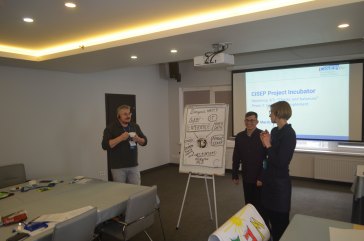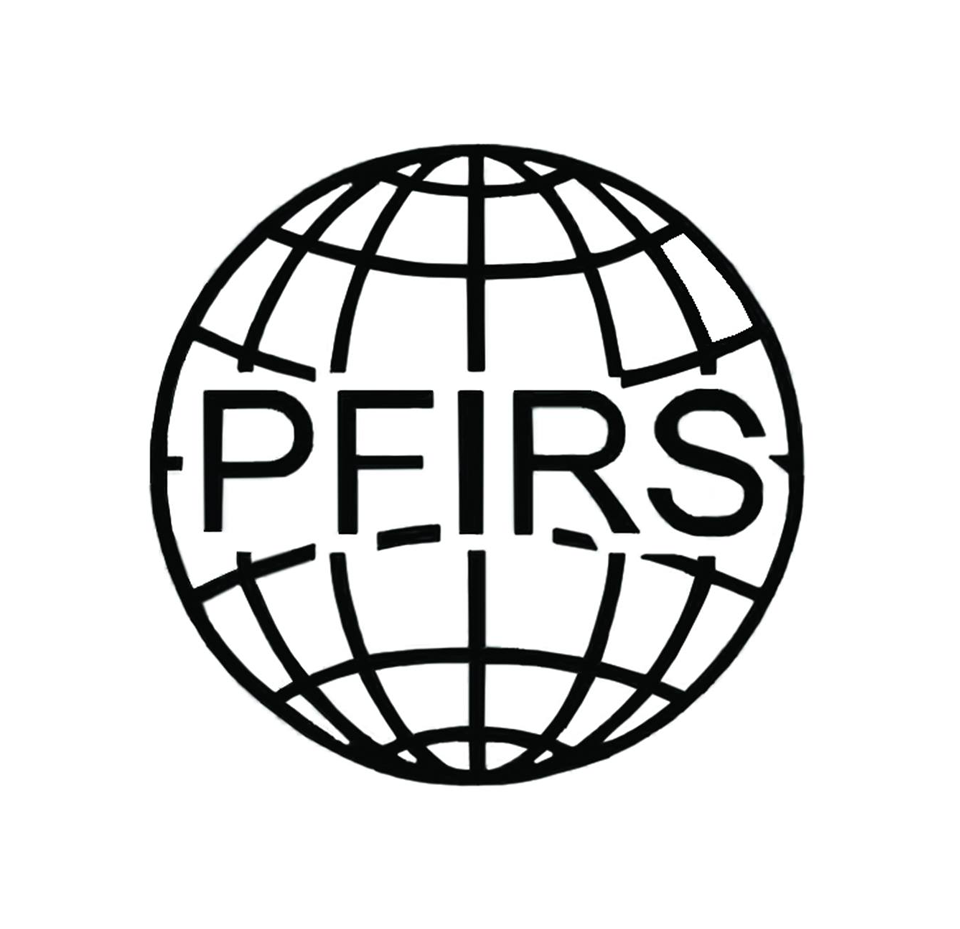Final workshop of the project incubator on Ukrainian EU association completed – project groups are ready to implement!

In order to ensure and strengthen civil society participation in the Ukrainian EU association process, the Institut für Europäische Politik (IEP) has developed a ‘Civic School for Sound EU Practice’ (CiSEP), a training programme that trains representatives of civil society organizations in EU association issues as multipliers and critical voices within the reform and monitoring process.
In October 2019, the project incubator started as part of the latest CiSEP project phase with the aim of supporting alumni in developing and implementing promising project ideas. For six months, the CiSEP project incubator guided alumni project groups step by step on their way from the first idea to a final concept and action plan. The training series, which took place in October 2019 in Chernihiv and in December 2019 and March 2020 in Odessa, lasting three consecutive days each, thematically linked previous trainings.
Five project groups had been selected for the incubator — all of them working on highly relevant and diverse EU association topics, ranging from food safety, data protection, and intellectual property, to regional and sustainable community development. During the workshops the project groups received expert input on central aspects of project management. This guided them through the whole process of project development – from the first idea to a well-planned project ready for implementation. In addition, they received tailored advice regarding the specificities of their projects at all stages of their work. Most importantly, the workshops also provided the groups with the opportunity to work together in a face-to-face setting, giving their often dispersed living members time and space to concentrate on their projects while at the same time being in a supportive professional environment. Between the workshop phases, the project groups received technical and methodological mentoring with regards to objective setting, activity planning, and budgeting, as well as monitoring and risk assessment.
During the third and final workshop, which took place in Odessa from 9 to 11 March 2020, the participants finalised the conceptual and strategic aspects of their projects by planning the implementation of their project using a detailed work plan matrix. They also prepared their monitoring and contingency plans to make sure they will stay on track, even in the face of adversities and unforeseen circumstances. Being well-equipped to take their projects to the next level, they spent the last day and a half of the workshop drafting their communication strategies to reach out to their target audiences and relevant stakeholders. After six months of intensive preparation, the projects are now ready to be implemented and the groups are eager to get started. To ensure the successful realization of their plans, the groups will now also receive the micro-grants as seed funding for their activities. During the implementation phase, which is starting now until mid-May, the groups will continue to receive on-going support by the CiSEP team and the local partners and experts where needed.
The CiSEP project incubator series is funded by the German Federal Foreign Office and is implemented in cooperation with the Polissya Foundation for International and Regional Studies (PFIRS) and the Odessa Regional Agency for Reconstruction and Development (ORARD).


